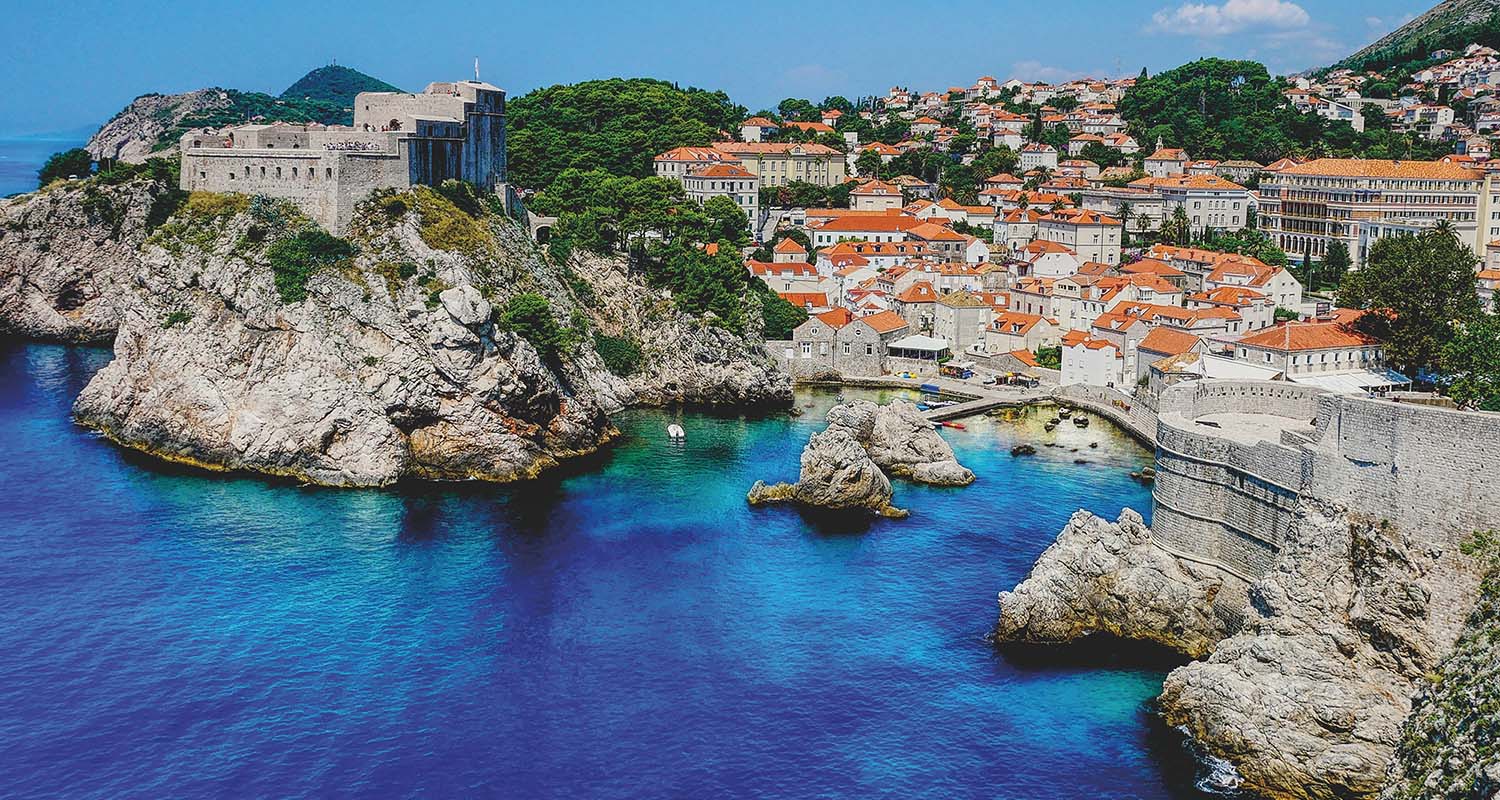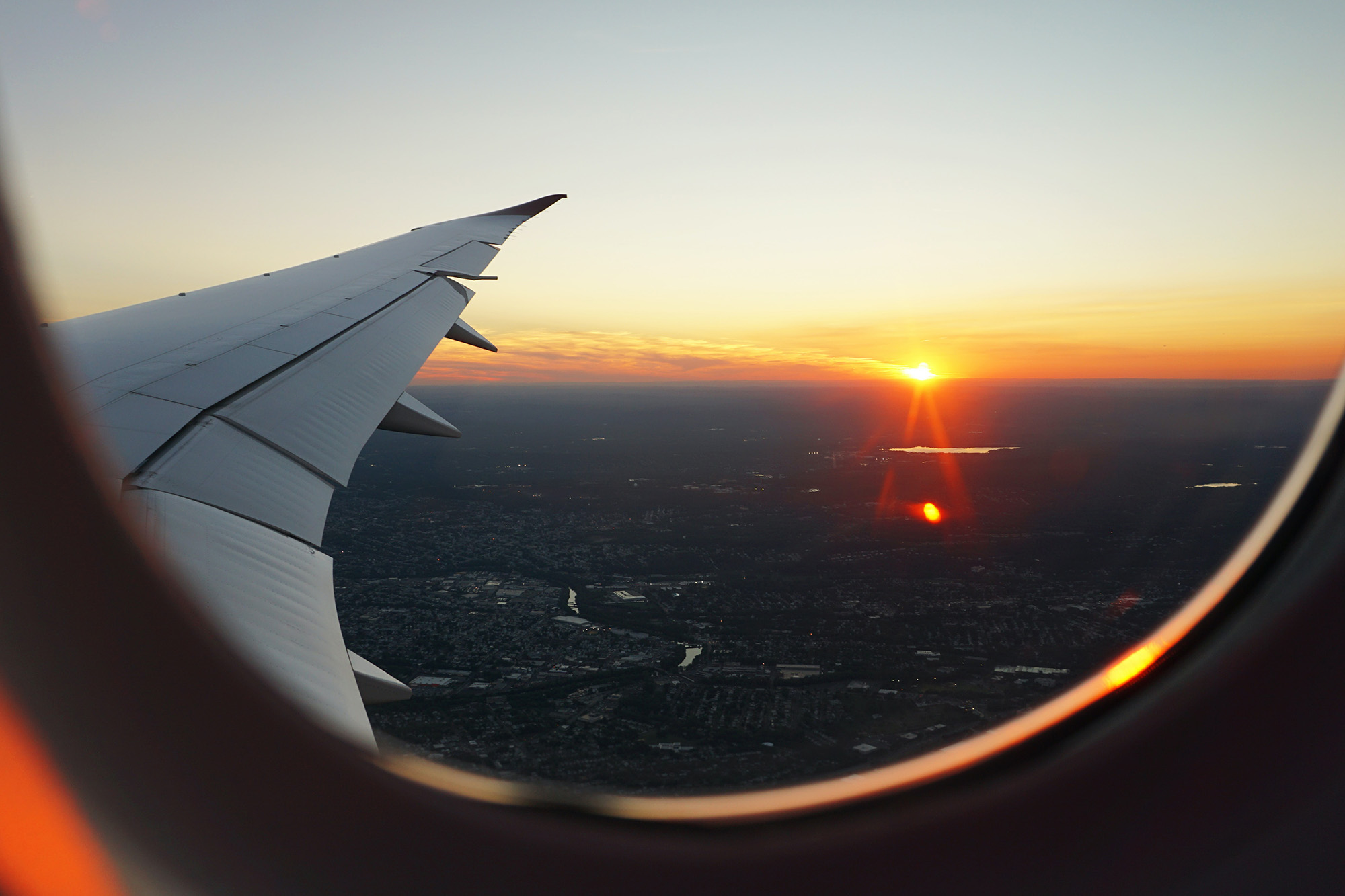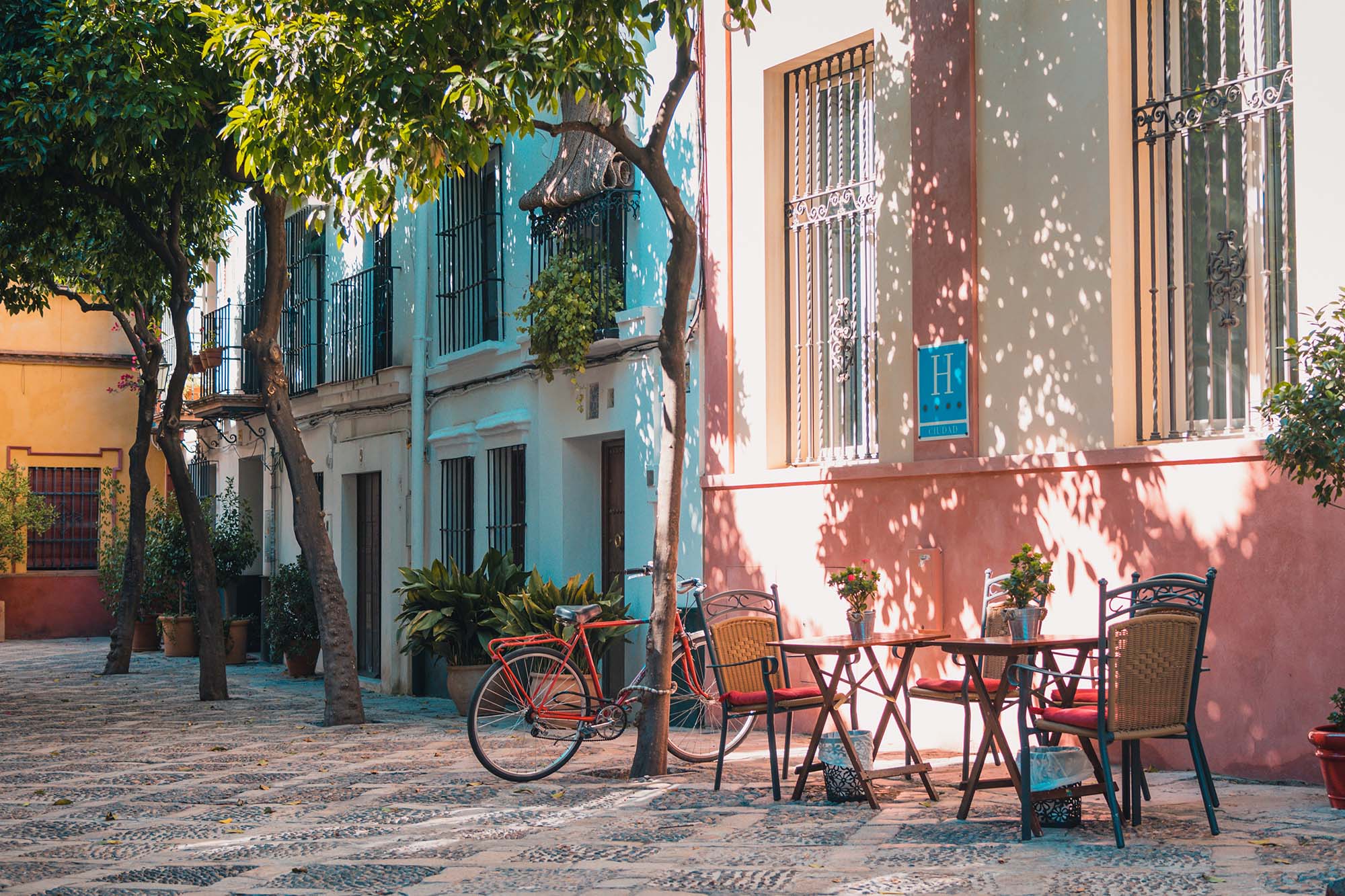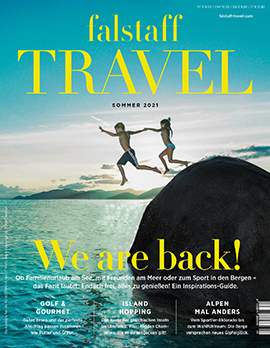
Holidays and pandemic: This applies from 1 July
This is what travellers should watch out for now!
30 June 2021
More and more people are currently drawn abroad. The relaxed regulations in many places Corona regulations and the "green passport" currently make travelling a little easier again. Again and again there are relaxations - but also tightenings due to the delta variant of the virus. Read here what will apply to travellers from 1 July.
New entry rules for Austria as of 1 July
Persons wishing to enter Austria from countries with a low epidemiological risk must provide credible evidence that they have stayed there exclusively within the past ten days. If this proof is not available, a Covid test must be taken within 24 hours. Valid evidence of a stay includes, for example, flight or hotel reservation confirmations. In addition, the 3-G rule still applies - you must be vaccinated, recovered or tested.
Low risk countries are currently:
Albania, Andorra, Australia, Belgium, Bulgaria, Denmark, Germany, Estonia, Finland, France, Greece, Hong Kong, Ireland, Iceland, Israel, Italy, Japan, Croatia, Latvia, Liechtenstein, Lithuania, Luxembourg, Macau, Malta, Monaco, New Zealand, the Netherlands, North Macedonia, Norway, Poland, Portugal, Romania, San Marino, Saudi Arabia, Serbia, Singapore, Slovakia, Slovenia, Spain, Sweden, Switzerland, South Korea, Taiwan, Thailand, the Czech Republic, Hungary, the USA, the Vatican, Vietnam and Cyprus.

Anyone arriving from virus variant areas where, for example, the delta mutation is prevalent, must present a negative Corona test, register and spend ten days in quarantine. The quarantine can be ended at the earliest on the fifth day with a negative test. This currently includes Great Britain, Brazil, India, South Africa and Portugal.
The "Green Passport
Also from 1 July, the "green passport" will be valid throughout the EU as proof that you have been vaccinated, have recovered or have been tested. The passport is not yet available in the form of an app. However, the passport can be downloaded - for Austrians - on the website of the public health portal Austria can be called up. You can log in either via the citizen card or the mobile phone signature. The certificates are then easily accessible with a click and can either be saved on the smartphone and printed out. The digital passport should make travelling much easier, at least in the EU.
These regulations apply in Europe's most popular holiday destinations
The holiday season is slowly beginning - which also means that people are going on holiday more often again. Adjusted rules therefore also apply in the most popular European countries.
Italy
Since recently, the entry into Italy by means of the 3-G-rule in the form of the "green passport" as well as a Registration possible. In the country itself, shops, restaurants, bars, museums and cultural institutions are open again and the exit restrictions have also been dropped. In addition, you no longer have to wear mouth-nose protection outdoors - but the mask requirement still applies indoors. In addition, compliance with the minimum safety distance of one meter is mandatory.
Spain
Those wishing to enter Spain by air from Austria do not need any vaccination, test or recovery certificates. For this, however, travellers must still register 48 hours before arrival via the Spain Travel Health Portal register. Those arriving by land need either proof of vaccination, a negative PCR or antigen test, or a certificate of recovery - also in the form of the "green passport". Masks are compulsory on all public transport and in enclosed areas to which the public has access. Restaurants and shops are open under certain conditions. The Balearic Islands have recently ordered another tightening: People who travel in groups of 20 people or more to Mallorca, Ibiza and Co. must in future present a negative PCR test or prove full vaccination protection.

Greece
The holiday destination has relaxed its entry regulations for Austrians. Upon arrival, an antigen test not older than 48 hours is sufficient. People who have already been fully vaccinated 14 days before entry or those who have recovered do not have to present a test. The following applies to all: A mandatory Registration. As a result of Greece opening up to international travel, almost all lockdown measures have also been lifted. However, general measures such as the mask requirement, social distancing and hygiene regulations remain in force.
Croatia
Currently, the easiest entry is probably in Croatia. Those coming from Austria do not have to present a vaccination certificate, a negative coronary test or a convalescence certificate. This is due to the fact that Austria has just been placed on the green list of the European Centre for Disease Control and Prevention (ECDC) stands. In Croatia, however, masks are still compulsory in public transport, shops, petrol stations and service outlets. There is no longer a curfew - but bars close at midnight at the latest.


